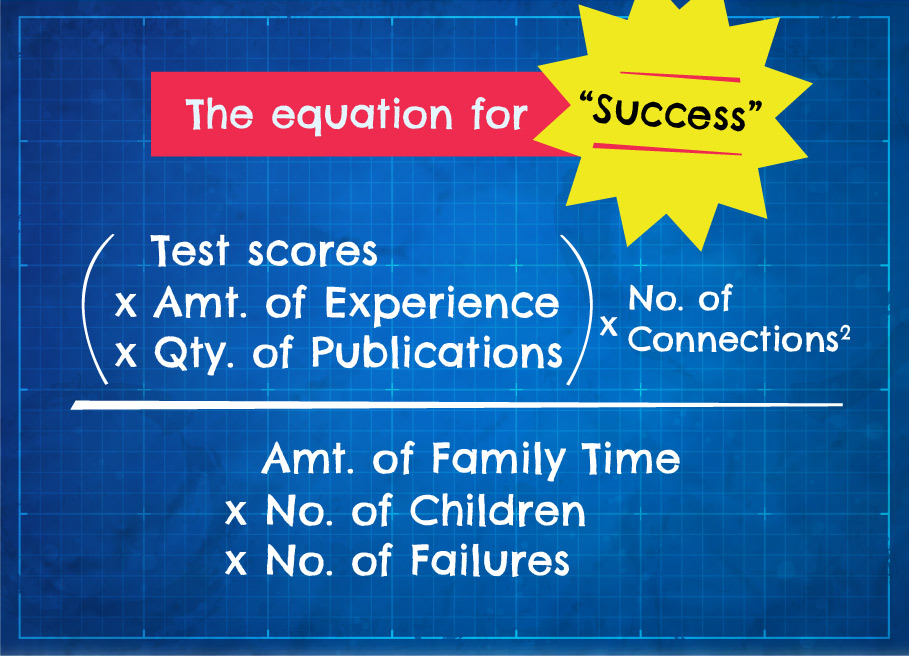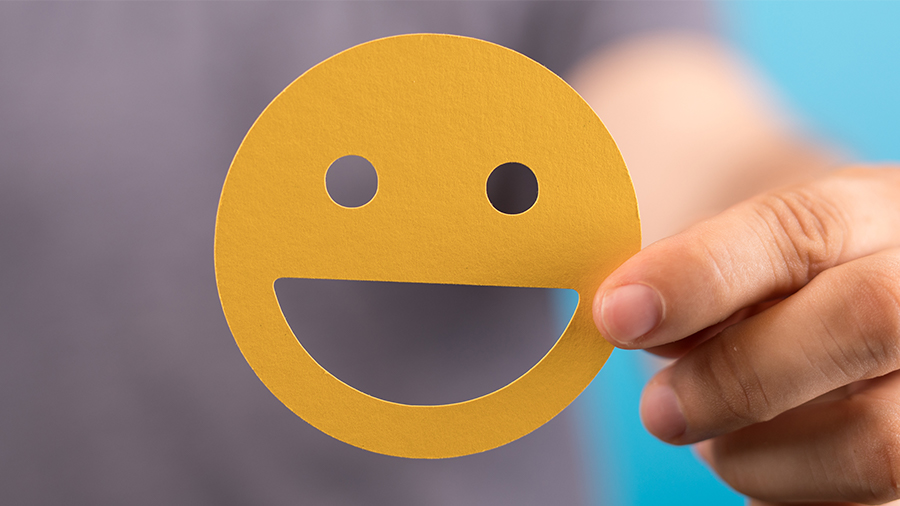Are we all just numbers?
Do not fall victim to being a number. It’s about relationships.

At some point in our lives, we are all personally victimized by being considered as a number.
It could be a test score, an amount of experience, a quantity of publications, how many grants awarded, etc.—numbers meant to show who we really are, what we are capable of, and how we should compare ourselves with others. Most of our promotions in professional settings are linked to these sorts of numbers.
And when our age, also a number, exceeds a certain limit, we are bound to be considered as useless, a liability to our society. Our individuality and personality are taken away from us and replaced by faceless figures.
It goes without saying that numbers also categorize our intellectual abilities. If our numbers are not high enough, we can never win the game. If a highly intelligent person is unable to meet those numerical marks, they are meant to spend their entire life feeling inadequate, stupid, and under-qualified. These standards arise because the numbers draw a permanent line between ‘bad’ and ‘good.’
Our new algorithm for defining “success” looks like this:
It could be a test score, an amount of experience, a quantity of publications, how many grants awarded, etc.—numbers meant to show who we really are, what we are capable of, and how we should compare ourselves with others. Most of our promotions in professional settings are linked to these sorts of numbers.
And when our age, also a number, exceeds a certain limit, we are bound to be considered as useless, a liability to our society. Our individuality and personality are taken away from us and replaced by faceless figures.
It goes without saying that numbers also categorize our intellectual abilities. If our numbers are not high enough, we can never win the game. If a highly intelligent person is unable to meet those numerical marks, they are meant to spend their entire life feeling inadequate, stupid, and under-qualified. These standards arise because the numbers draw a permanent line between ‘bad’ and ‘good.’
Our new algorithm for defining “success” looks like this:
This algorithm shows that the rate of “success” is directly proportional to test scores, amount of experience, and quantity of publications, as well as being exponentially related to number of connections. This ultimately comes at the cost of time spent with family and children.
The quality of a person’s work is less important than the quantity; when numbers replace character, the quality of the work is sure to decline.
Just as numbers don’t define us, we must remember that companies and hospitals are not our friends. Whether we are starting at a startup or a multimillion-dollar company—we are just a resource!
We can only trust our own self. That said, wasting numbers of hours with any sort of company just for career advancement doesn’t sound like a great idea, especially when it costs the health of our mind, family, and children. A job is just a job, and it should not define your happiness.
Life is too short and too unpredictable to live by comparing ourselves to numbers or giving in to endless and potentially damaging cycles of competition. Working on building good relations is more important than being just considered as a number. Because in the end, this is what really matters.
The quality of a person’s work is less important than the quantity; when numbers replace character, the quality of the work is sure to decline.
Just as numbers don’t define us, we must remember that companies and hospitals are not our friends. Whether we are starting at a startup or a multimillion-dollar company—we are just a resource!
We can only trust our own self. That said, wasting numbers of hours with any sort of company just for career advancement doesn’t sound like a great idea, especially when it costs the health of our mind, family, and children. A job is just a job, and it should not define your happiness.
Life is too short and too unpredictable to live by comparing ourselves to numbers or giving in to endless and potentially damaging cycles of competition. Working on building good relations is more important than being just considered as a number. Because in the end, this is what really matters.



